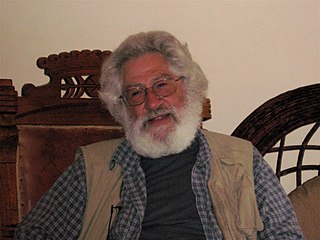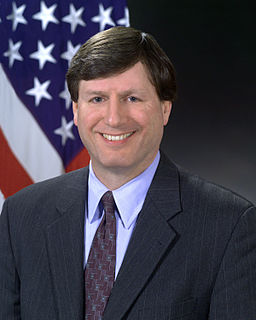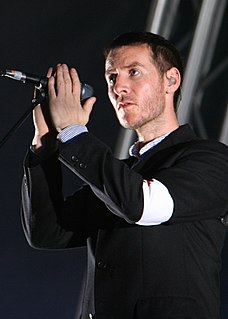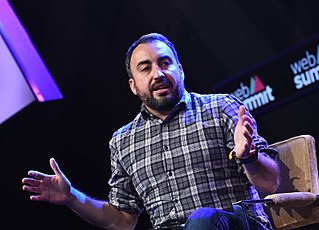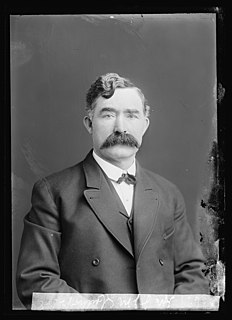A Quote by Ralph Abraham
I believe that the World Wide Web is, as a matter of fact, the noogenesis of the noosphere of the future. This is it!
Quote Topics
Related Quotes
When I was 14, I spent a huge amount of time on the Internet, but not the Internet we know today. It was 1994, so while the World Wide Web existed, it wasn't generally accessible. Prodigy and CompuServe were popular, and AOL was on the rise, but I didn't have access to the web, and no one I knew had access to the web.
